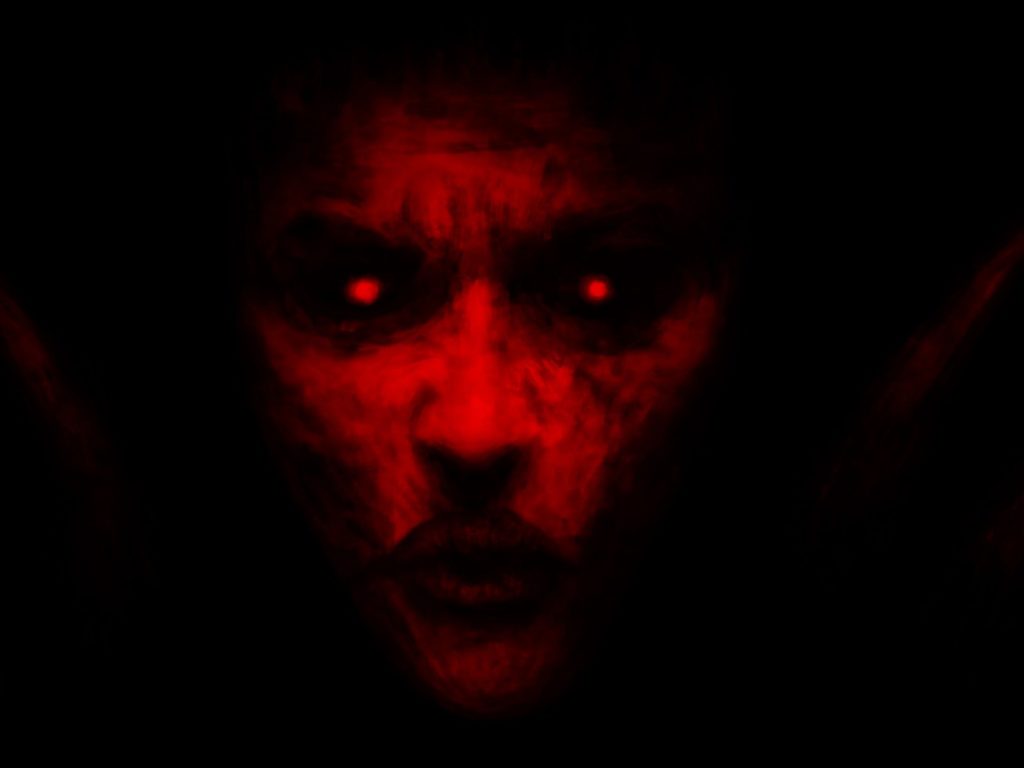
“Demon” is a term often used in religious, mythological, and folkloric contexts to refer to malevolent supernatural beings or evil spirits. The concept of demons varies widely across different cultures and belief systems, and their characteristics and roles can differ significantly.
Here are a few examples of how demons are understood in various contexts:
- Christianity: In Christianity, demons are often associated with fallen angels who rebelled against God and were cast out of Heaven. The most famous demon in Christian tradition is Satan, also known as the Devil, who is considered the ultimate evil being and a tempter of humanity.
- Islam: In Islamic tradition, demons are referred to as “jinn” or “djinn.” Jinn are supernatural beings created from smokeless fire and have free will. Like humans, they can be good or evil. Some evil jinn are believed to harm or possess humans.
- Ancient Mesopotamia: In ancient Mesopotamian mythology, there were various malevolent entities, such as the “Lamashtu” or “Lilu,” who were considered demons and were thought to bring harm to people, especially pregnant women and infants.
- Hinduism: Hinduism has a rich tradition of supernatural beings, including various kinds of spirits and demons. The “Asuras” are a group of powerful, sometimes malevolent beings often in conflict with the gods (devas) in Hindu mythology.
- Folklore: In many cultures, folklore includes stories of demons or malevolent spirits that haunt or harm people. These demons can take various forms and often serve as cautionary tales or explanations for misfortunes.
It’s important to note that beliefs about demons can vary widely, and what is considered a demon in one culture or religious tradition may not be viewed the same way in another. Additionally, some people may interpret demons metaphorically or symbolically rather than as literal supernatural entities.
